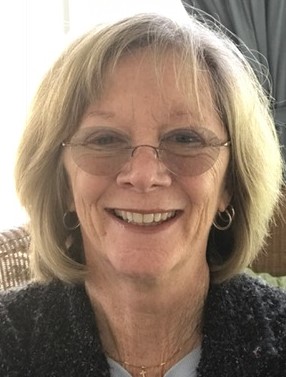Commentary by Cynthia Stafford
Kids and gratitude: a paradox. No one wants to raise a bully, and most parents recognize that gratitude and kindness fuel healthier states of mind. Plus, happiness increases the desire to make positive contributions to the greater good. Where do gratefulness and reciprocal kindness come from? Are they innate qualities or learned from life-lessons taught at home or school? In other words, are they products of nature or nurture?
University of North Carolina’s Sara Algoe and other neuroscientists became interested in the biological linkage between DNA sequences and social interactions. Dr. Algoe dug into the question and came up with surprising results. A recent study found that gratitude may have a genetic basis in the form of a tiny variation named CD38 that affects secretion of oxytocin, also called the “social hormone.” Apparently, some people have CD38 and some do not.
Conversely, Bob Weinhold, writing in Environmental Health Perspectives, explains epigenetics, the study of how genes switch off and on. He indicates that the genetic off/on mechanism depends, to some extent, on environment. So, could CD38 or other oxytocin producing genes be activated in everyone?
Dr. Christine Carter at the University of California’s Center for Greater Good believes that the more people practice gratitude, the more their happiness level increases. New York City etiquette consultant Melissa Leonard, herself a mother of growing children, agrees and says good manners and gratitude definitely overlap.
So, parents, let your kids know what you are grateful for and keep them talking about what makes them happy. Encourage them to say “please” and “thank you.”
Grandma was right, and now science proves it. Those little words she insisted you say may awaken in your kids a sense of appreciativeness that will blossom and grow over a lifetime.
Cynthia B. Stafford, R.N., Ed.D. is a special educator, non-profit administrator, and innovator. She has a B.S. Nursing degree from the University of Florida as well as master’s and doctorate of Education degrees from Ball State University. After a 20-year career in special education centering on children with behavioral disorders and their parents, she founded a 501c3, organization that focused on marginalized populations and instituted services enabling access to health care and improving quality of life for children and adults. Dr. Stafford lives with her husband, Steve, in Westfield, IN. Her email is [email protected]



